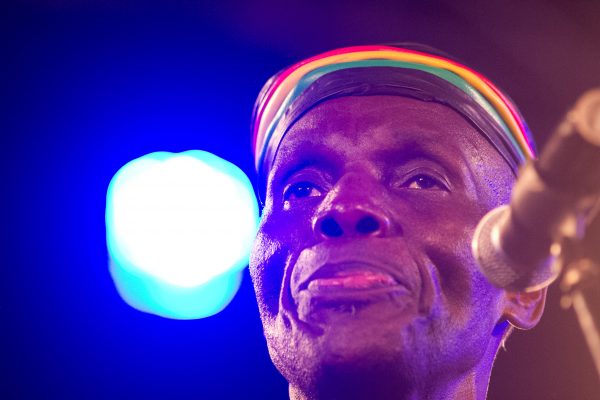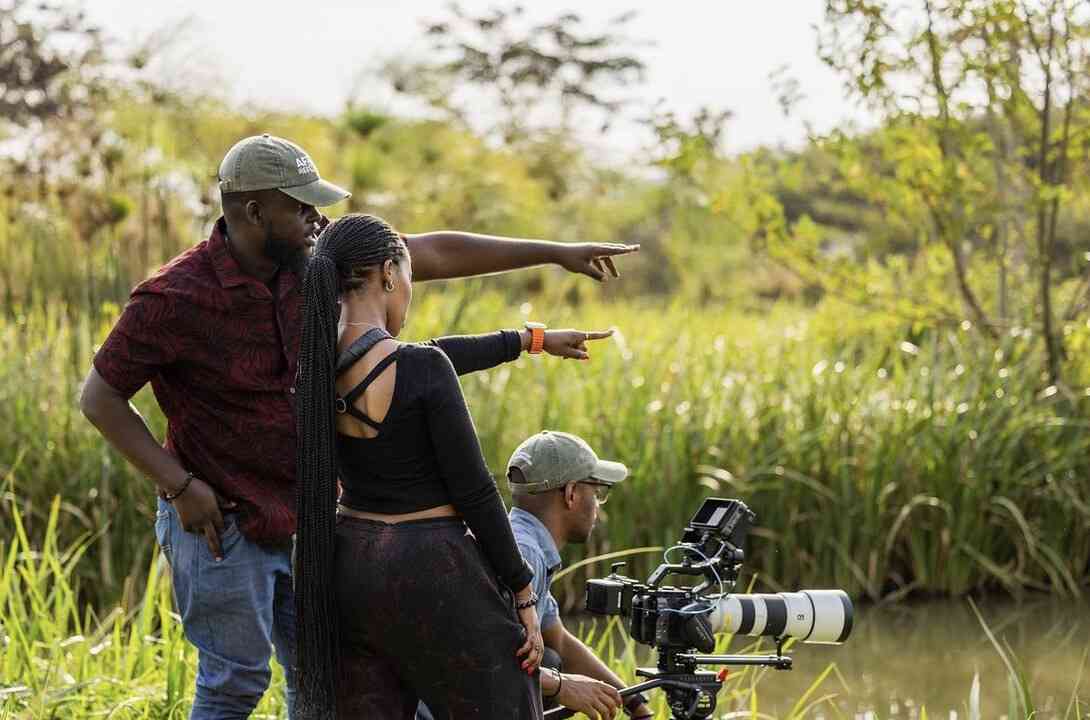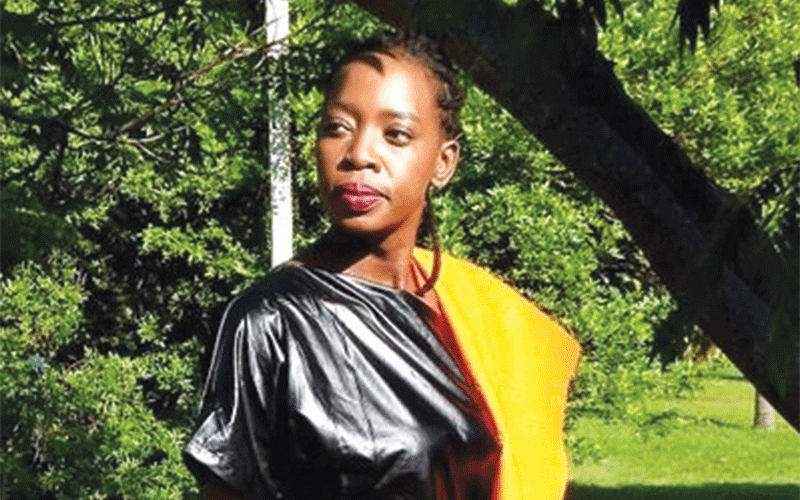
SOUNDTRACK: Winstone Antonio
ZIMBABWE is considered as one of the countries with a strong creative artistic flair, courtesy of the corporate sector which has sustained the industry despite a failing economy.
Over the years, the government has come under fire from the creatives for failing to bankroll the sector or create a conductive environment for it to thrive.
Stakeholders in the arts sector say ideally government should play a leading role in funding the sector; to transform it into a vibrant, professional and sustainable industry that has the potential to contribute towards the country’s gross domestic product (GDP).
In other countries, South Africa included, governments appreciate the value of the creative sector, resulting in the arts sector contributing billions of dollars to the fiscus. The United States and South Africa are good examples of how the creative industry has built billion-dollar sectors.
In South Africa according to South African Cultural Observatory’s 2017 mapping study, the creative sector is one of the fastest growing sectors, contributing R63 billion to the GDP per annum, which equates to 1,7%. The sector growth rate per year is 4,8% with over 1 million people employed which equals 6,9% of population.
For United States, data released last year by the United States Bureau of Economic Analysis) and the National Endowment for the Arts showed that the creative sector in that country contributed US$763,6 billion to the economy, more than agriculture, transportation, or warehousing.
However, locally, according to a May 2017-April 2018, Unesco culture for development indicators in Zimbabwe, the creative and cultural sector contributes 6,96% to the country’s GDP, but its value in monetary terms in negligible.
- Chamisa under fire over US$120K donation
- Mavhunga puts DeMbare into Chibuku quarterfinals
- Pension funds bet on Cabora Bassa oilfields
- Councils defy govt fire tender directive
Keep Reading
While arts and culture is considered an integral part of the Zimbabwean government’s Vision 2030, aimed at attaining an upper middle class economy, the government’s snail space in breathing life into the sector has been met with mixed reactions.
The hope that the creative sector can contribute more to the country’s GDP remains a pipe dream due to lack of financial backing from the government to make the sector operate along business lines and become profitable.
Whereas stakeholders in the arts sector have for long pleaded with government for support to facilitate growth so that it catches up with the rest of the world, it appears only a few corporates, among them beverages manufacture, Delta Beverages and Old Mutual are keen to support the sector.
In a welcome and latest development for the sector, Old Mutual has poured in a whopping US$100 000 that is up for grabs in the inaugural reality talent search, titled Old Mutual Amazing Voices.
For such an initiative, Old Mutual have joined Delta Beverages, who have managed to invest towards the upliftment of emerging talents on the showbiz scene through several of their social responsibility projects.
The Old Mutual Amazing Voices is a new Pan- African singing competition that is set to take the continent by storm as it seeks to unearth talented music groups in a historic battle of the genres that include gospel, pop and rhythm and blues, in four African countries Zimbabwe, South Africa, Ghana and Kenya.
This latest talent search series will also be introduced on DStv as a reality television show that will premiere on January 12 next year. Amazing Voices will be broadcast on Zambezi Magic, Africa Magic, Mzansi Magic, among other channels.
The singing competition will have contestants sourced in nine African cities, including Harare, Bulawayo, Accra, Kumasi, Mombasa, Nairobi, Cape Town, Durban and Johannesburg.
The auditions in Zimbabwe will start on October 15 at Large City Hall in Bulawayo before coming to Harare on October 18 at Monomotapa Hotel. It is expected to end on April 5, focusing on singers in three musical sub-genres: Gospel, pop and rhythm and blues.
According to the competition sponsors, the show will seek out unsigned musical groups made up of between four and eight members each of a minimum age of 18, whose basic requirement will be to have amazing voices.
Registration for the auditions is under way and can be undertaken online at https://africamagic.dstv.com/show/old-mutual-amazing-voices.
On the other hand, Delta Beverages has supported the creative sector as part of their social responsibility by sponsoring the annual Chibuku Road to Fame and Chibuku Neshamwari Traditional Dance festival through their Chibuku brand.
The Chibuku Road to Fame was launched in 2001. This competition is arguably the country’s biggest and most successful talent identification platform. It is a collaborative effort between Delta Beverages and the National Arts Council of Zimbabwe.
The competition starts at provincial level and winners from the country’s 10 provinces then compete at national level for the first prize. The winner earns prize money plus a fully paid recording contract.
The Chibuku Road to Fame seeks to promote the development of musical groups through identifying talented musical groups. The organisers will then assist the winners to produce, document their work. The competition also excels in providing upcoming musicians with technical expertise in music and event management.
Launched in 1981, the Chibuku Neshamwari Dance Festival aims to represent the entire range of cultures present in the country through traditional dance. Dancers from the various provinces in the country are invited to form dance groups from their respective provinces.
The dancers then participate in competitions at provincial level that culminate into a national final as they showcase their talent and represent various Zimbabwean cultures through dance.
The two music competitions have grown phenomenally and have upheld its intent to foster, develop and improve knowledge, understanding and practice of the arts and their presentation, performance, execution and exhibition to the public. The late music superstar, Oliver Mtukudzi managed to mentor several musicians using his own resources.
Despite local artistes being innovative in their respective genres, government is letting them down.
In some cases, local artists have mortgaged the arts and culture sector to foreign countries where donors get involved in the funding of some projects with donors having control of the content.
To entice corporates to support the arts and culture sector, government could consider tax-cuts for corporates that fund the arts and culture as a way of breathing life into the industry.
As President Emmerson Mnangagwa continues to preach the “Zimbabwe is open for business” mantra, arts and culture must also be at the centre of the process of re-imaging and rebranding of the country.
Winstone Antonio writes here in his personal capacity











